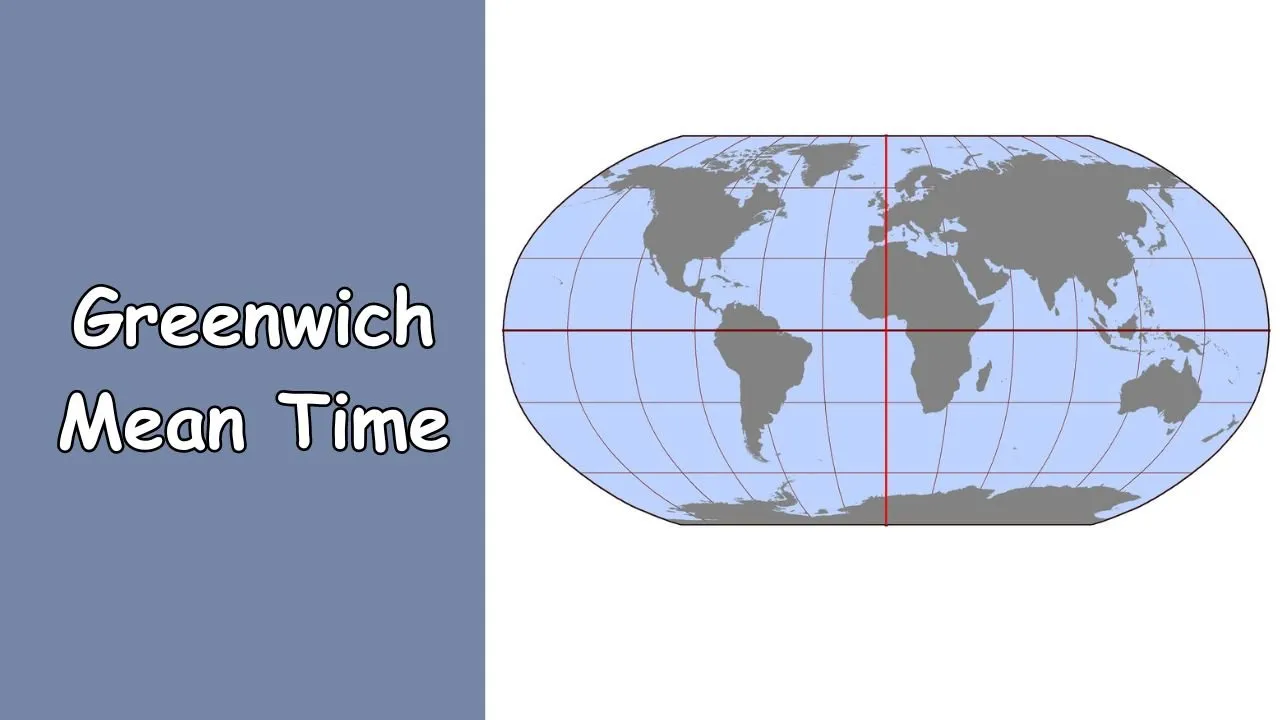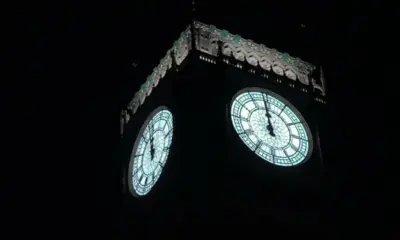Tech
Greenwich Mean Time Synced to Blockchain Validators

Time itself is now audited.
By Marco Rossi – Monetary Policy Satirist
From Sundials to Smart Contracts
Greenwich Mean Time has long been the backbone of global order. Trains, planes, and stock markets all set their schedules by London’s most famous clock. But according to viral rumours, the Royal Observatory has abandoned its astronomical roots. Time itself is now allegedly synced to blockchain validators, making every second a matter of consensus.
A TikTok clip that sparked the frenzy showed the Greenwich clock tower glowing with neon digits while captions flashed: “Block confirmed, minute validated.” Within hours, #ProofOfTime began trending.
Tourists in Confusion
Visitors expecting astronomy lessons were baffled. One American said, “I thought I’d see stars, not gas fees.” Another viral reel showed students laughing as their phones buzzed with “Consensus achieved: 2:15 PM.”
Street performers even joined in. A busker outside the Observatory allegedly played guitar under a sign that read: “Tips confirmed in GMT only.”
Fake or Real?
Polls revealed 57 percent believed the rumour. “Feels real,” one voter argued. “Everything else is on-chain.” Another replied, “Fake, but believable. Time already feels unreliable.”
That overlap of truth and satire made the rumour irresistible across London feeds.
Meme Avalanche
Memes ticked across the internet like clockwork. One viral edit showed the Prime Meridian glowing with candlestick charts. Another depicted pocket watches stamped with Ethereum logos.
Parody slogans soon emerged:
- “Stake your seconds.”
- “Liquidity in minutes.”
- “Proof of hour confirmed.”
Camden Market stalls quickly sold mugs branded “I validated GMT.”
Top Comments from the Internet
- “Finally, time is more volatile than crypto.”
- “My watch got rugged by validators.”
- “Proof of tick beats proof of stake.”
Observatory Responds
The Royal Observatory denied the rumour, insisting Greenwich still measures time astronomically. But parody press releases spread faster than seconds. One fake announcement read: “Time is money, and money is on-chain.” Another declared: “Leap seconds will be replaced with gas fees.”
Even politicians joined the satire. One MP allegedly tweeted, “At least validators run more smoothly than Parliament.”
Why It Resonates
The rumour resonates because time already feels financialised. Stock exchanges race to the microsecond, algorithms trade in nanoseconds, and lives are ruled by clocks. Turning time into a blockchain commodity exaggerates this reality until it becomes comedy.
An LSE economist quipped, “Greenwich on-chain works as a parody because timekeeping already functions like a consensus system.” That line itself went viral with gifs of ticking clocks.
Satirical Vision of the Future
Imagine a world where all clocks depend on validators. Big Ben chimes only after block confirmation. Tube schedules are delayed until consensus is reached. Even school bells are ringing when gas fees stabilise.
A parody TikTok circulates: a student staring at their watch as subtitles read “Transaction failed, time paused.” It hit 600,000 views in two days.
Tourist Reactions
Visitors embraced the absurdity. One Canadian joked, “I paid £10 to see a clock rug me.” Another TikTok showed tourists chanting “Validate the hour!” at the Meridian line.
Souvenir shops allegedly cashed in, selling wristwatches with QR codes instead of dials.
The Bigger Picture
Behind the humour lies a critique of modernity. Humanity invented time to bring order, but technology constantly complicates it. By mocking GMT as blockchain-validated, the rumour exposes society’s obsession with innovation for its own sake.
Cultural critics argue the rumour resonated because it exaggerates our dependence on both clocks and codes. When seconds require consensus, life itself feels speculative.
Conclusion
Whether GMT truly syncs to blockchain validators doesn’t matter. The rumour has already etched itself into London’s meme economy, making every tick a transaction.
So the next time you check the time, don’t just glance at your watch. Check your wallet app. Because in 2025, even seconds might cost gas.
By Marco Rossi – Monetary Policy Satirist
marco.rossi@londonews.com






















